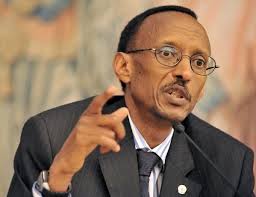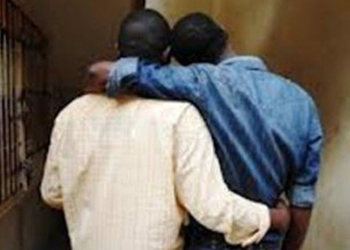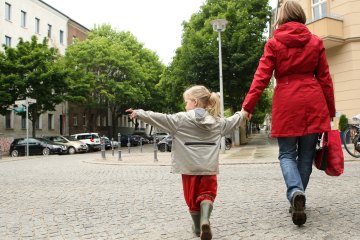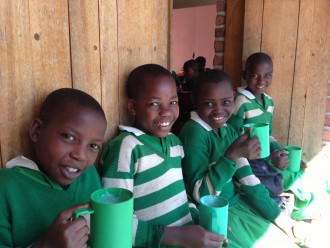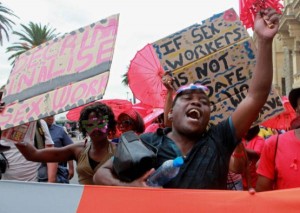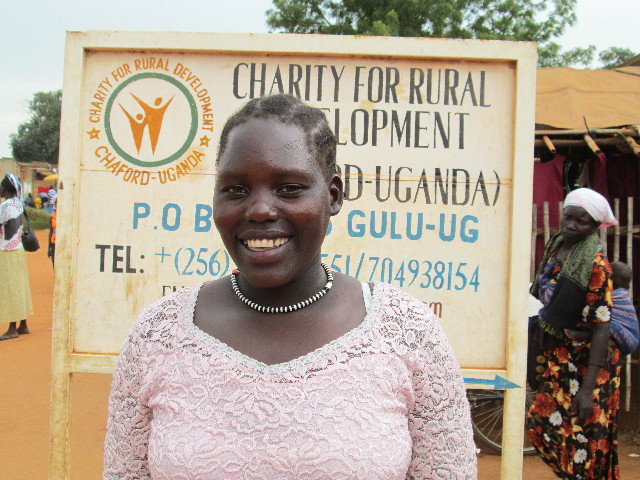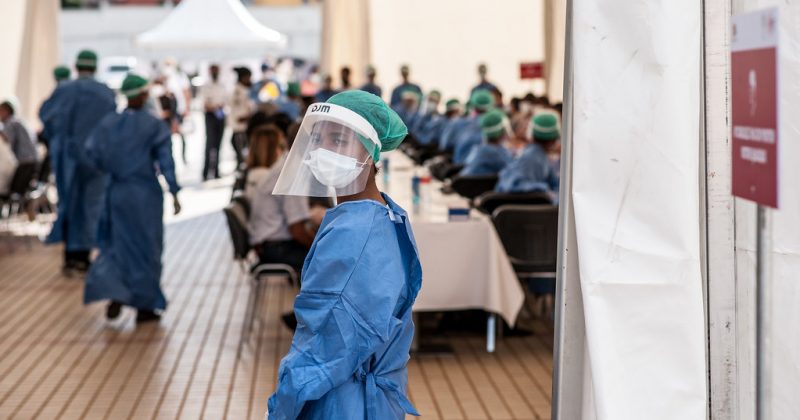
COVID-19 in Africa: Responses and Prospect for Recovery
By Lindsey Alpaugh, staff writer, RightsViews, Human Rights MA student.
On Wednesday, January 27th, Columbia University held an event examining the impact of COVID-19 on the African continent. Panelists included Belinda Archibong, an Assistant Professor of Economics at Barnard College, Pedro Conceicao, the director of the Human Development Report Office and lead author of the Human Development Report, UNDP HDR office, and Dr. Wilmot James, Senior Research Scholar in the Institute for Social and Economic Research Policy.
This event followed a series in the fall looking at COVID-19 in Latin America and was sponsored by the Economic and Political Development concentration at SIPA, the Institute for African Studies at Columbia University, Center for Development Economics and Policy, and SIPA Pan-African Network.
African countries were able to have a significantly smaller first wave than predicted due to the dramatic measures that countries took to prevent the spread, such as closing schools and limiting travel. While this had a very successful impact on combatting the...


